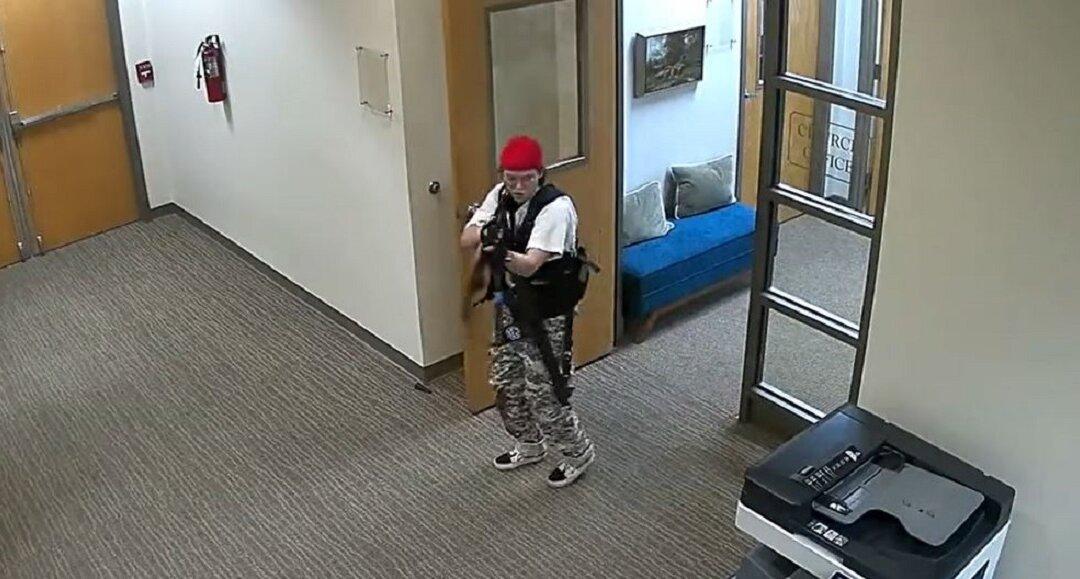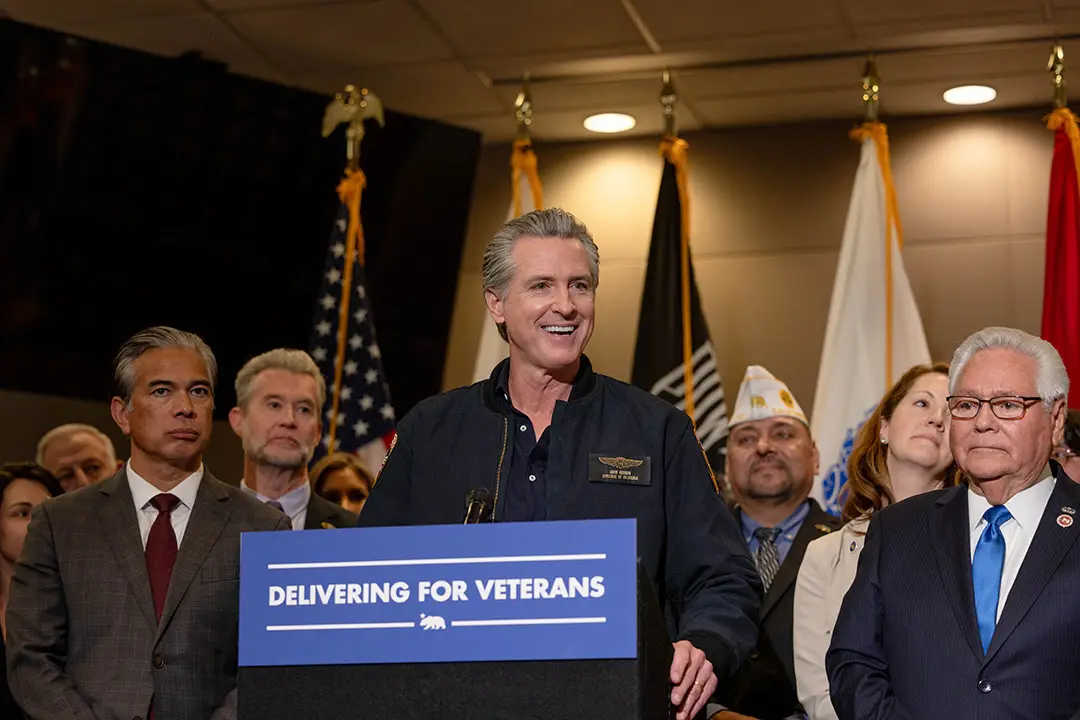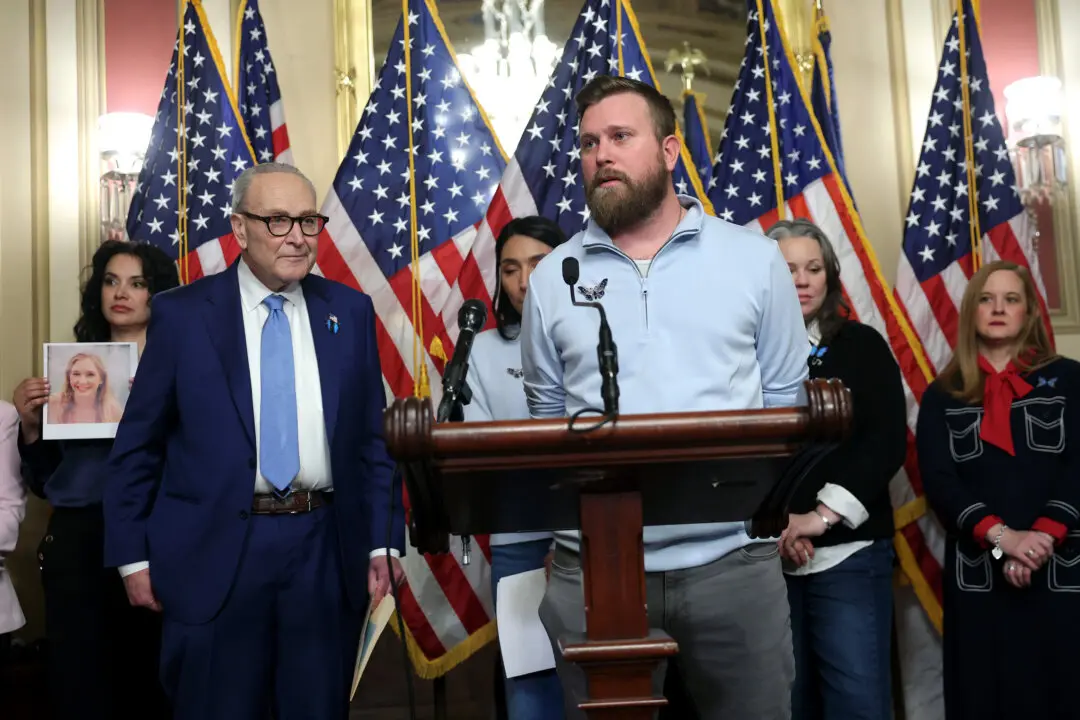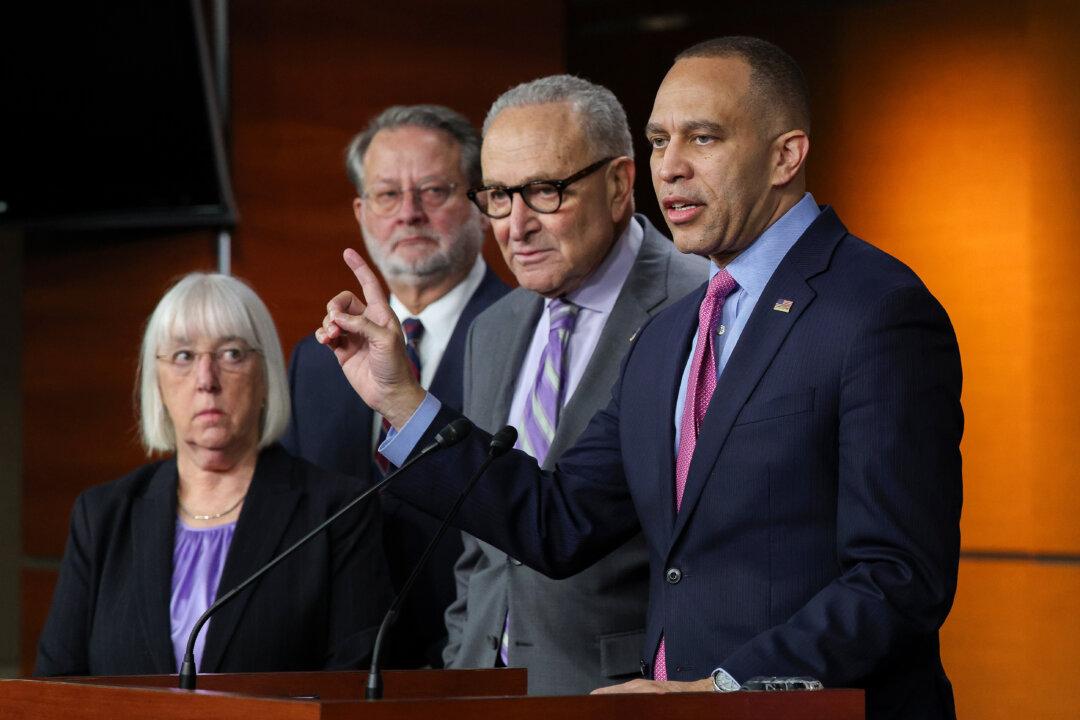Six months after a deranged individual walked into a Nashville Christian school and killed six, including three children, the public still does not know what law enforcement officials from the Metropolitan Nashville Police Department (MNPD) and Federal Bureau of Investigation (FBI) know about the shooting.
MNPD refused to release a so-called “manifesto” left behind by the shooter, who police said was a biological female who identified as a man, to members of the public and the press, including various reporters for The Epoch Times.





